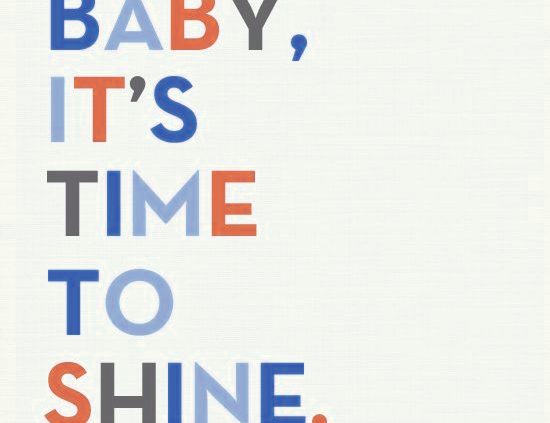9 Ways to Make Your Editor Love You
Let’s make this quick and dirty. The way I like it.
1 – Respect the deadline. You’re busy. Your editor is busy. If you agree on a start date, or a date you’ll be ready for round two of your edits, BE READY.
2 – ‘s is not plural. I’ll say it again another way: apostrophe ess is NOT plural. We don’t say “there are lot’s” or “he has too many dog’s” or “his arm’s are buff.”
3 – If your reader has to guess at what you’re trying to say, she’s done reading. Don’t be coy. Don’t be mysterious. Spell it the fuck out. Editors can always cut. It’s hell to create something from nothing. Write extra. We will love you for it.
4 – Exclamation points blow. Don’t use them. Ever. I have a writer friend who insists using them is along the same lines as laughing at your own jokes – when they aren’t even funny.
5 – Same goes for semicolons. My go-to phrase: “Exterminate them like the vermin they are.” More here.
6 – Yes, you can. Even when you think no way in hell those words will come out, they absolutely will. When you doubt yourself and you’re caught up in the moment of frustration, pause and look at your hands. Twenty bucks says they’re fidgeting over the keys. That’s YOU working it out. Keep doing it. You’ll find a way. Writers are badass.
7 – ASK. Don’t know how to do something? Not sure of the mechanics of what you’re trying to pull off? Not sure some plot twist will work? We are here to make your words sing. If you don’t ask, we can’t help.
8 – Choose clarity over cleverness. No one cares – or even recognizes – how slick your words are if they don’t understand what you’re saying. (Tweet that!) Technically, this is the same as #3. But it’s worth repeating.
9 – Build your writing around who you are and your message. Don’t bend for anyone or anything else. Your reader will be able to tell. And it’s no fun for editors to shred your shit in order to show you where you’re being disingenuous.
***
Want tolearn more about writing like YOU? I’m polishing a new product that will teach you exactly that. Join our subscriber list (upper right-hand corner) to hear more about it and get a discount when it’s released.




